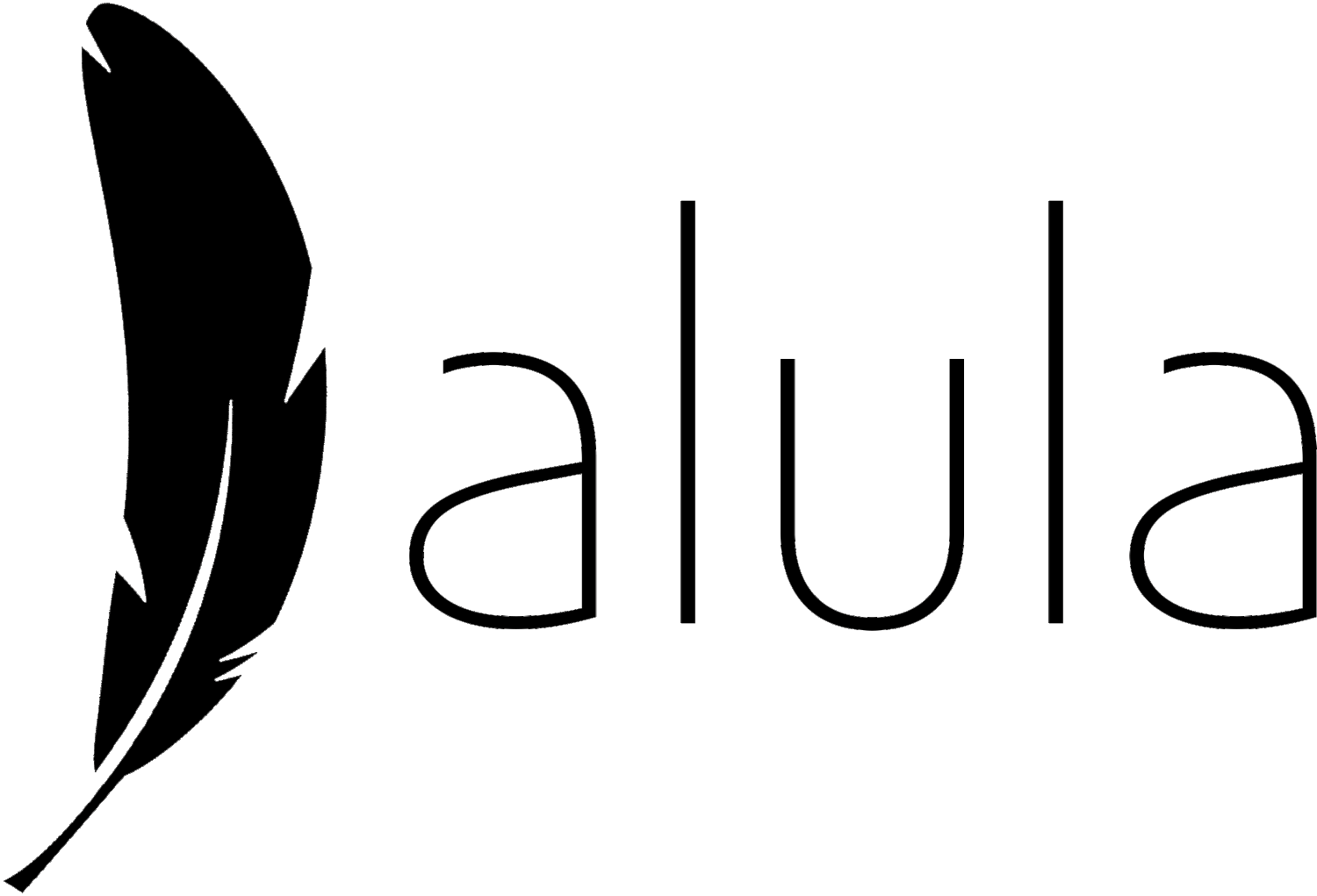Celebrating Difference: Why Diversity in Disability Support Matters
Everyone wants to feel accepted for who they are. But for many people living with disability, acceptance hasn’t always come easily — especially when their needs, behaviours, identities, or communication styles don’t match what’s considered “typical.”
At Alula, we believe support should never ask you to change who you are. Instead, it should uplift your identity, honour your differences, and give you the space to flourish in your own way.
In this blog, we explore why celebrating difference matters — and how carers, families, and communities can support people to show up fully as themselves.
What Do We Mean by “Difference”?
Difference shows up in many forms. Some of the most common in disability support include:
Neurodivergence: autism, ADHD, sensory processing differences
Communication styles: non-verbal, AAC users, Auslan users, or minimal speaking
Cultural identity: language preferences, customs, religious needs
Gender and sexuality: especially in LGBTQIA+ participants
Personality and expression: introversion, creative expression, clothing, or interests
Too often, people are expected to “tone down” or hide these differences to be accepted. But true inclusion happens when we stop asking people to blend in — and start celebrating what makes them unique.
Why It Matters in the NDIS Space
Support should be person-centred, not conformity-centred.
When participants feel like they must mask or suppress who they are just to access services or join activities, it creates real harm:
Emotional exhaustion
Low self-esteem
Delayed or missed support outcomes
Reduced trust in providers
On the other hand, when people are met with openness and celebration of their identity, the benefits are powerful:
Confidence grows
Communication improves
Support becomes collaborative
Participants feel safe and respected
Practical Ways to Celebrate Difference in Everyday Support
Here are some simple, powerful ways to create a more affirming environment for participants — whether you're a support worker, family member, or peer.
1. Let the participant lead
Ask what works for them. What kind of support do they prefer? Do they need quiet spaces? Do they want a routine or flexibility? Honour their preferences, even if they’re different from your own.
2. Respect communication styles
Use whatever tools are most accessible for the participant. This might include:
Visual aids or schedules
Key Word Signing or Auslan
Text-to-speech devices
Written notes or drawings
Simply slowing down and allowing silence
Remember: speaking isn’t the only form of expression.
3. Normalize stimming and self-regulation
Participants who rock, flap, hum, or stim in other ways aren’t misbehaving — they’re managing their sensory needs. These behaviours shouldn’t be corrected unless they’re causing harm.
Instead of stopping stimming, ask: “Is there a way we can make this space more comfortable?”
4. Celebrate cultural identity
Ask participants about their background. Learn how their culture shapes routines, food, celebrations, and communication. Then integrate that knowledge into care.
This could mean using preferred languages, adjusting meal planning, or observing spiritual or religious practices.
5. Use inclusive language
Avoid labelling someone as “high functioning” or “non-compliant.” These terms can be reductive and stigmatising.
Instead, use strengths-based language that highlights autonomy, capability, and preferences.
6. Model acceptance
Be the first to celebrate individuality — whether it’s a participant’s bright outfit, unique hobby, or sensory need.
When you model inclusion, others follow your lead.
What Celebrating Difference Feels Like
“When my support worker asked if I wanted to stim in private or public, I knew I could trust her.” – Callum, 19
“They didn’t just accept my culture. They let me lead the cooking class with my traditional food.” – Mina, 28
“I love that I can use my AAC board and no one acts like it’s weird.” – Liam, 22
Final Thoughts
Inclusion is not about erasing difference. It’s about welcoming it, celebrating it, and making sure everyone has the space to be themselves — not just quietly tolerated, but actively valued.
At Alula, we don’t just provide support — we stand beside you, as you are.
✅ Takeaway Actions
Ask, don’t assume: “How do you like to be supported?”
Learn more about neurodivergence, CALD needs, and LGBTQIA+ inclusion
Create environments where people don’t have to mask
Be curious, compassionate, and willing to adjust
Celebrate the differences that make life richer
